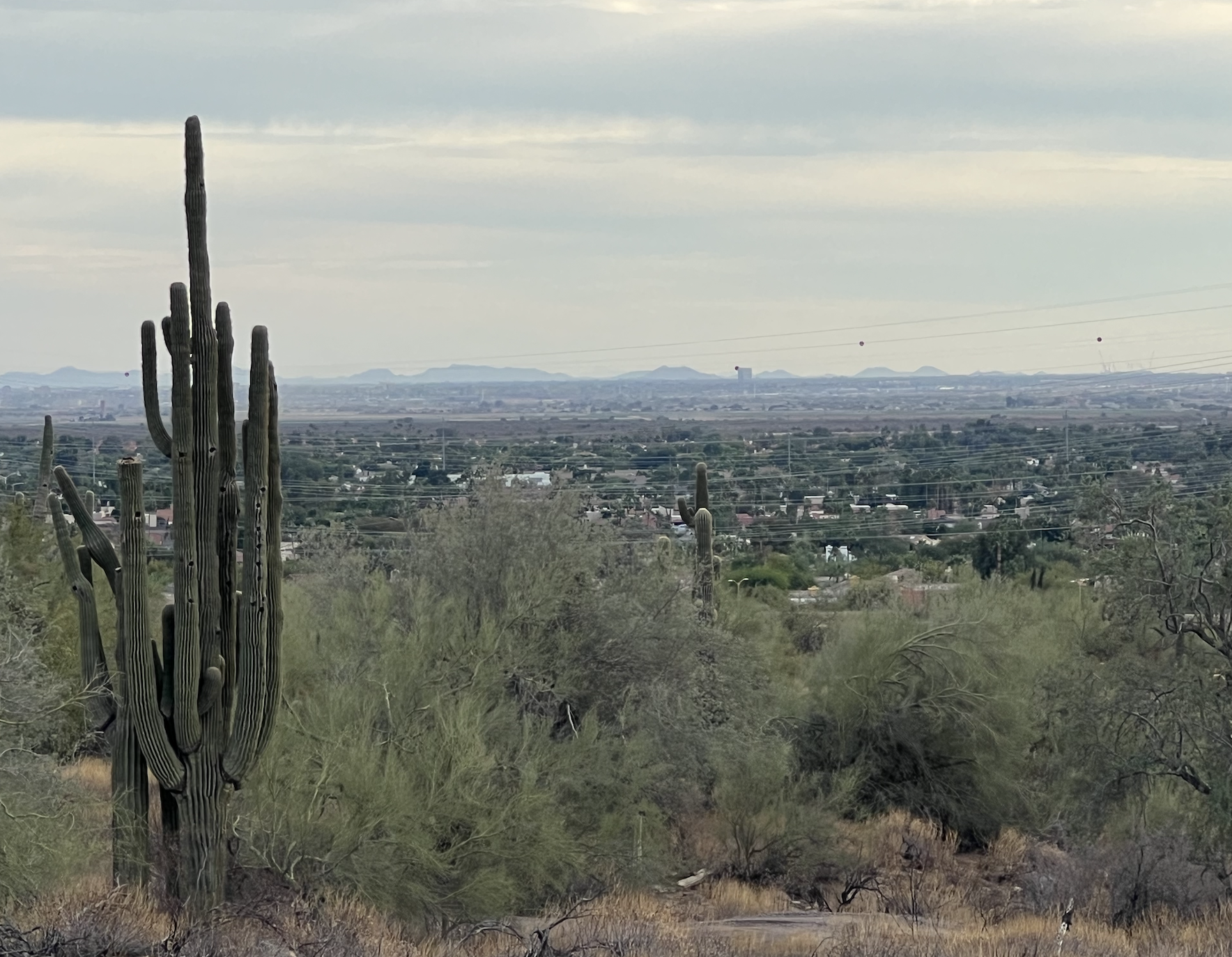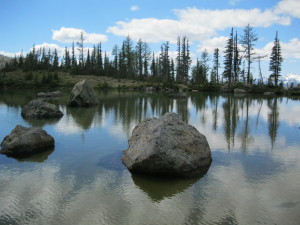I’ve just spent the last three days with my parents, them visiting Lindon, UT where I live, on their way back from three months in California. My Mom is 20 years older than me. We laugh together a lot. We tease each other. And we get to the serious stuff when needed. My Stepfather is also playful. Kind. Loves being a Grandpa, and I love him for that. These three days were simply to be together. It happens two or three times during a calendar year. I think we make up for lost time together in a compact way. Some play. Some important conversations. Some cooking food together. Linking together family.
I am rather lucky, I’d say. I’ve known my grandparents well. I’ve been close to my parents. I adore my kids. I particularly adore the times that link all of these together. Family line has always been very strong for me.
Today was a sweet parting, sending my parents along the way, the next leg of highway driving back to Canada. After nearly four months away, they will be returning to a system of my aunts, uncles, cousins, grandmother and other family.
The sweet aspect of parting is the tenderness that arrives. For all of us, welling tears. Sometimes a flood running down our cheeks. It was that way for me today, as they pulled away from the parking lot. I experience this tenderness as pure gratitude. These are moments to remember.
The sad part is the heart tugging. Perhaps it is fear and uncertainty for the future. Will we have this again? Will my kids have this? The family is growing and will be launching in several directions likely within the next five years. Young adults getting married. Following jobs, I hope. Creating their life paths. Living in to who they are. I hope, very soulfully.
Life is holding. Life is letting go. Life is moving on.
And perhaps, the sad part is just love. Perhaps that is just what love does. Regardless, partings like this leave me involuntarily touching my heart with my hand, so that I can remember that moment, and that feeling, forever.

